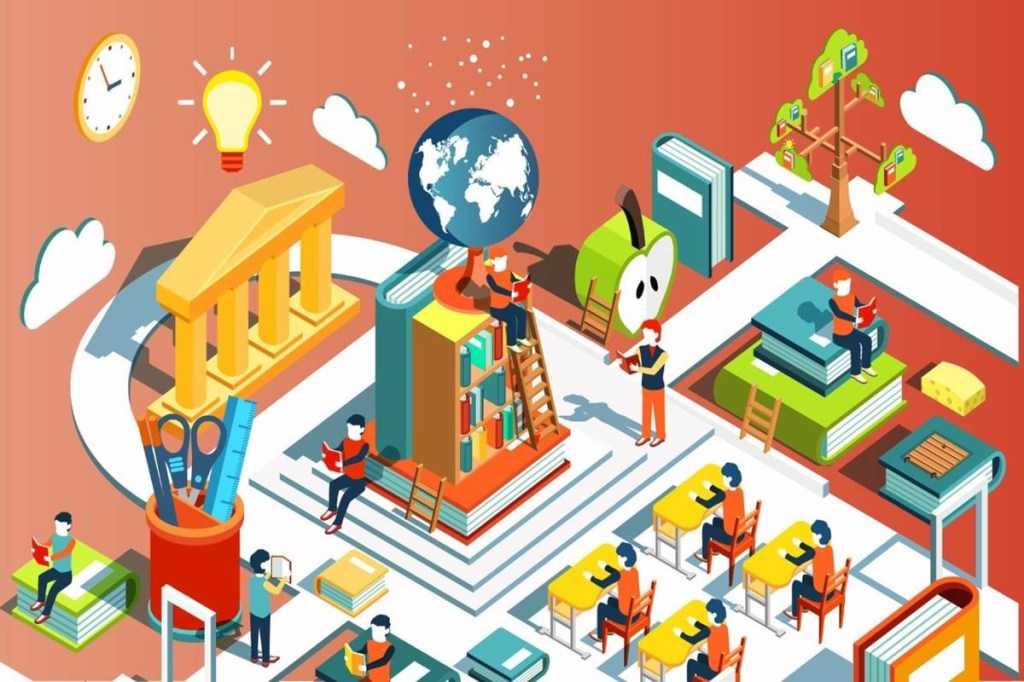By Manisha Singh,
Shweta Sharma, a bright young girl, belonging to Digha village near Patna, Bihar, couldn’t afford higher education due to financial constraints, just like millions of youngsters in India. As fate would have it, she got herself enrolled in a vocational training center in Patna for a four month-long course in solar and electrical technology. At present, she is a proud service engineer in a trading company.
This case study brings three critical aspects to our focus: The necessity of technical vocational training, vocational skilling scenario in energy industry, and participation of women (or the lack of it) in energy trade.
Like Shweta, around 57% of the students in India don’t get any higher education due to socio-economic constraints (Kaushik, 2018).Also, due to the Covid-19 pandemic, school dropouts are likely to double (S, 2000). When this is looked at in tandem with another scenario where only one in five workers is skilled in India (T.O.I, 2000) and a skill deficit of 29 million is expected 2030, it can be looked at as either a monumental challenge or a great opportunity. It’s just about which lens we are looking through.
Energy Sector: a huge opportunity for vocational skill Industry
India is the third-largest consumer of energy globally and the energy demand has doubled since 2000. With megatrends of increasing urbanization, digitization and industrialization fueling the energy demand, the consumption is expected to further double by 2050. This is expected to increase demand for a skilled workforce in the energy sector exponentially; this will be across all levels, especially at entry level, which can be fulfilled by technical vocational training.
Corporate Social responsibility can lead vocational skill training
Although vocational skill training is already a priority with CSR of various corporates, they can come forward to lead technical training basis their expertise. For example, Schneider Electric – being a Global leader in the energy management, automation, and digitization — has very thoughtfully picked up vocational skill training in energy domain as the focus of their global corporate citizenship mandate. With a focus on having more women in the energy trade, and focus on futuristic trades, Schneider Electric Foundation has undertaken a herculean task of skilling 1 million youth globally by 2025.
We need more women in Energy sector
Energy sector remains a male-dominated sector and there is a long road ahead to make it gender diverse. Women professionals account for only 22% in the energy sector as opposed to global average of 48%. It is alarming that for every 10 males, there is only 1 female enrolled in ITIs in India despite 30% reservation for women. While women play a key role in the energy management, especially in emerging economies like India, however, they lack being economic players in energy sector value chain, which calls for vocational training sector to focus on bringing women to fore. This is easier said than done and would require a mammoth effort to change prevailing mindsets both of parents and recruiters. This would require specific actions such as incentivizing technical training institutes, industries, etc.
Essential to focus on vocational training in emerging technologies within energy sector
While there is going to be constant demand for traditional skills sets in electrician and solar space, it is equally important to look at futuristic trades within energy domain. Data center is one such field. With increased digitization in all fields, especially since the outbreak of Covid Pandemic, all aspects of life and business is going digital at an accelerated rate. In this scenario, Data Center industry is poised to be one of the fastest growing sectors.
Similarly, while there is already a market for renewable technologies, the upcoming decade would observe digital transformation of the grids and renewable energy generation enabled by automation and the use of the software. There would be ubiquitous rise in automation not just in Industries but also in buildings and homes, especially in urban centers.
Consequently, it is essential to have availability of skilled workforce that can cater to these upcoming industry demands especially at entry level. Keeping the same in mind, Schneider Electric India foundation, took the lead in setting up India’s first data center specific training center in Bangalore in partnership with Data Center giant STT-GDC for entry level professionals in the sector in April 2021. It is also focusing on providing vocational training in industry, home and building automation by setting up “center of excellences” in these vocations.
Multi-level vocational skilling
As energy sector is evolving and transforming, job market is demanding specialized energy professionals even at the entry level. Therefore, in technical vocational training, both long term diploma and short-term certificates are strategic to respond to the different market needs. Similarly, there is also a lot of scope for practicing electricians to upskill themselves to specialize in home automation, industry automation, data center operations, renewable energy technologies. This would not just provide a step up in an energy professional’s career but also better fill the skilling gap in this domain.
To summarize, vocational skill training in energy domain is at crossroads. It is a time where we need to take a deep dive and work towards making the sector more gender inclusive, ensuring maximum participation from women. At the same time, there is also a needs to align the skilling efforts with market demands and emerging technologies in the energy domain. Corporates, especially those belonging to the power sector can become beacon bearers of vocational education in their respective fields and can play a crucial role in preparing a skilled and employable workforce that caters to present and future demands of energy Industry.
(The author is Sr. GM & Head CSR, South Asia, Schneider Electric. Views expressed are personal and do not reflect the official position or policy of the Financial Express Online.)

